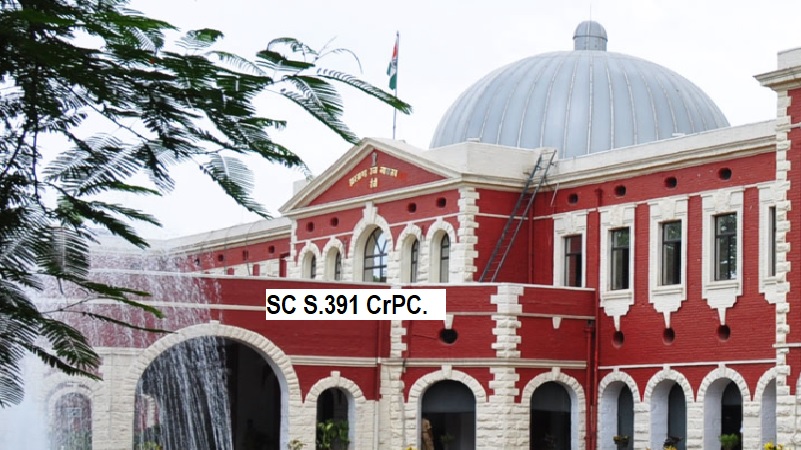


The Supreme Court, comprising Justices B.R. Gavai and Sandeep Mehta, underscored that a party lacking diligence in presenting evidence during the trial phase of a criminal case cannot later attempt to introduce the same evidence during an appeal. The court emphasized that the authority to record additional evidence during the appellate stage should not be wielded routinely or casually. Rather, it should be exercised only in situations where the inability to present evidence during the trial was due to genuine diligence or when facts crucial to the case came to light after the trial, and the failure to record such evidence could result in a miscarriage of justice.
The court referred to established legal principles, citing numerous judgments that affirm the limited scope of utilizing Section 391 of the Code of Criminal Procedure (CrPC) to record additional evidence. According to the court, this section's authority should only be invoked if the party seeking to introduce new evidence was genuinely impeded from presenting it during the trial, despite exercising due diligence. Alternatively, it can be employed if circumstances giving rise to the request emerged after the trial commenced, and the absence of recording such evidence might lead to a failure of justice.
The case in question involved an appeal challenging the Appellate Court's decision to reject additional evidence under Section 391 in an appeal against a conviction in a cheque dishonour case. The accused, in his appeal, sought to introduce evidence from a handwriting expert regarding the signature at the appellate stage.
The court stressed that the power conferred by Section 391 should only be exercised if the appellant can demonstrate that, despite due diligence, he was prevented from presenting the evidence during the trial. In this instance, the accused had not taken any measures during the trial to challenge the authenticity of his signature. No inquiries were directed to the bank witness concerning the genuineness of the signature, and the cheque's return was not based on discrepancies in the signatures.
The court expressed its view that if the appellant truly intended to establish that the signatures on the cheque were not genuine, he could have obtained a certified copy of his specimen signatures from the bank. Subsequently, a request could have been made to summon the relevant bank official to testify regarding the authenticity of the signature on the cheque.
In summary, the Supreme Court's decision emphasized the importance of diligence in presenting evidence during the trial and cautioned against the routine and casual exercise of the power to introduce additional evidence on appeal. The court's ruling reaffirmed the established legal principle that the authority granted by Section 391 CrPC should be invoked sparingly and only in circumstances where justice may be compromised without the inclusion of new evidence.
TAGS: Supreme Court Section 391 CrPC Criminal case Appellate stage Additional evidence